The Last Peaceful Neighborhoods Are About to Fall
Gunfire echoed through Solino on Thursday as gangs fought for control of the area, turning Solino into a battleground and leaving scores of residents dead. Thick black smoke billowed over the once-peaceful neighborhood as residents frantically called radio stations for help.
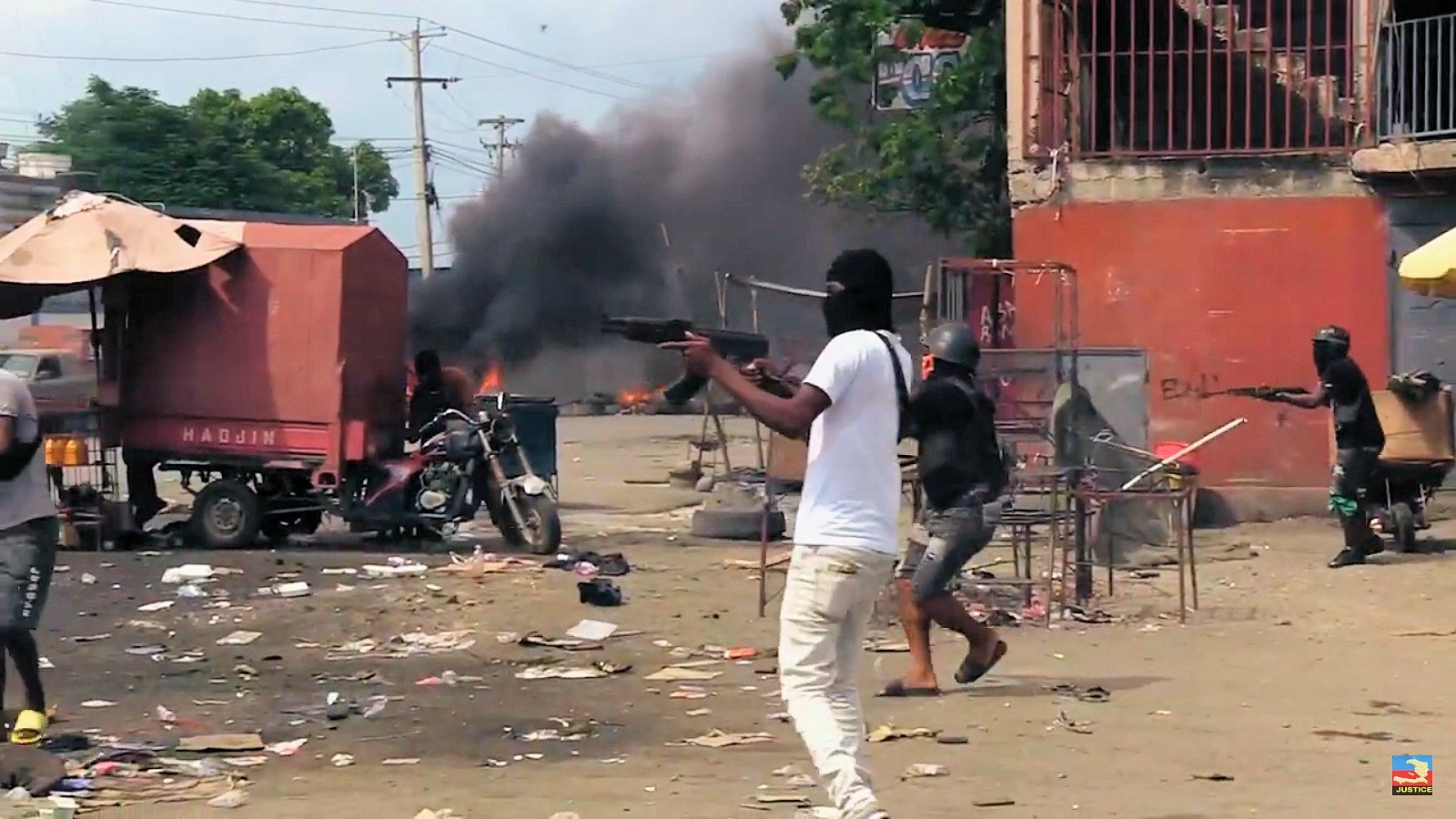
Gangs are turning Port-au-Prince's Solino neighborhood into a battleground - Photo: Haiti Liberte
About two dozen deaths have been reported in Solino and surrounding neighborhoods since the weekend, said Pierre Esperance, an observer with the RNDDH Human Rights Network. “The police are not there. Other authorities are not there,” Esperance said. “And people in the areas have blocked the streets to show solidarity with Solino.”
Lita Saintil, a 52-year-old street vendor, said she saw at least six bodies lying on the street when she fled Solino on Thursday with her teenage grandson. Houses around her home had been burned by gangs, and she was trapped inside for hours as gunfire rang out outside.
“It’s a scary place now,” said Lita Saintil. “I was lucky to get out, but I don’t know where I’m going. Life in Port-au-Prince has become so crazy. I never thought it would be like this.”
Solino, home to thousands of people, was overrun by gangs before a UN peacekeeping mission drove them out in the mid-2000s. But the attack could mark a turning point for the gangs, which are now estimated to control up to 80% of Port-au-Prince and are believed to have killed nearly 4,000 people and kidnapped another 3,000 last year.
Late Thursday, the Haitian national police released a statement saying officers had been deployed to Solino “with the aim of finding and apprehending armed individuals who are trying to sow panic among the population.” The government also released a nearly three-minute video showing several police officers exchanging gunfire with unidentified gunmen on a rooftop in Solino.
The tangled picture and the knots are hard to untangle
If Solino falls, gangs will have easy access to neighboring areas like Canapé Vert, which have so far remained peaceful and safe. As a result, neighboring communities have begun erecting barricades using rocks, trucks, tires, and even banana trees to prevent gangs from entering.
A man setting up barricades in the Canapé Vert neighborhood said he had been watching protests earlier this week by supporters of former rebel leader Guy Philippe, who has pledged a revolution to drive out the gangs. “There is nothing more painful,” the man, who declined to give his name, said of Haiti’s crisis. “We are suffering. The country is being ganged up.”
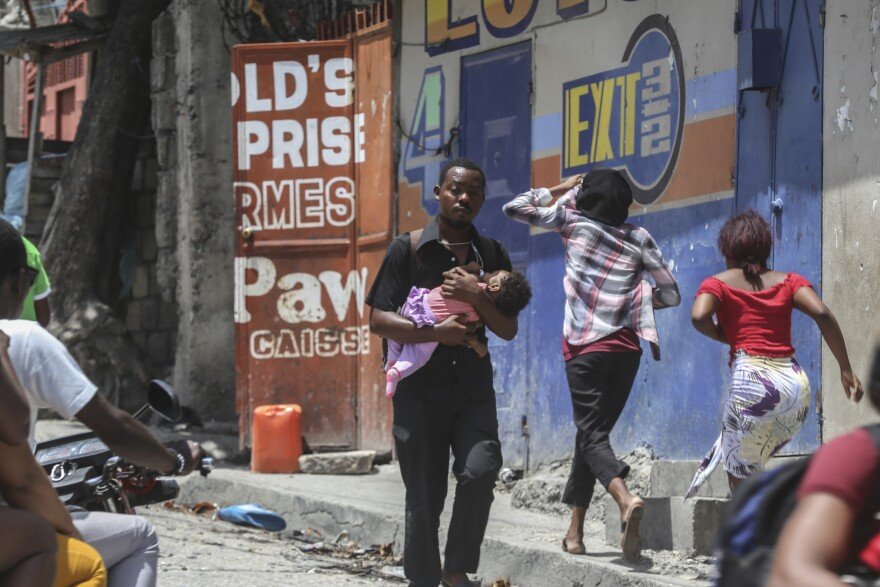
Some residents fled their homes with their children, while others built “barricades” in neighborhoods near Solino to prevent gangs from invading. Photo: WLRN
Amid fears that the violence in Solino could spread to other neighbourhoods, parents rushed to schools across Port-au-Prince to pick up their children. “I don’t know if we can go home,” one mother, who declined to give her name out of fear, told the Guardian. “There is no public transport and there are burning tyres everywhere. We don’t know what we will do.”
Haiti's interim Prime Minister Ariel Henry has pleaded for international support to quell the violence, including plans to create a Kenyan-led multinational police force backed by the United Nations Security Council.
But calls for Henry to resign have undermined that effort. Henry's term as interim prime minister expires on February 7, and Haitian opposition leader Moise Jean Charles has called on people to take to the streets in the coming days to protest against Henry's continued rule.
Prime Minister Henry must hand over power when the deadline comes or risk losing legitimacy. Without a new government, it is unclear who will take over if he leaves. When Prime Minister Henry consolidates control of the country in 2021, he will be tasked with forming a new government and holding national elections.
Two years ago, he called for renewed efforts to hold elections on the day Moise's term would have ended had he not been assassinated. However, the elections have been repeatedly postponed, something many regional experts have accused Henry of doing deliberately to prolong his term.
Kenya’s Supreme Court will rule later this month on whether Nairobi can deploy 1,000 police officers to Port-au-Prince. Kenya’s parliament approved the request last November, but the court delayed the order until January 26, saying it could violate Kenya’s constitution. No decision has yet been made.
Foreign Policy magazine commented that if the question of who will hold power in Haiti in the future is not clarified, the Kenyan police force, even if deployed, will face the risk of being drawn into a political struggle in Haiti instead of focusing on the task of suppressing gangs and restoring order.
Nguyen Khanh
Source


![[Photo] Looking back at the impressive moments of the Vietnamese rescue team in Myanmar](https://vstatic.vietnam.vn/vietnam/resource/IMAGE/2025/4/11/5623ca902a934e19b604c718265249d0)
![[Photo] "Beauties" participate in the parade rehearsal at Bien Hoa airport](https://vstatic.vietnam.vn/vietnam/resource/IMAGE/2025/4/11/155502af3384431e918de0e2e585d13a)




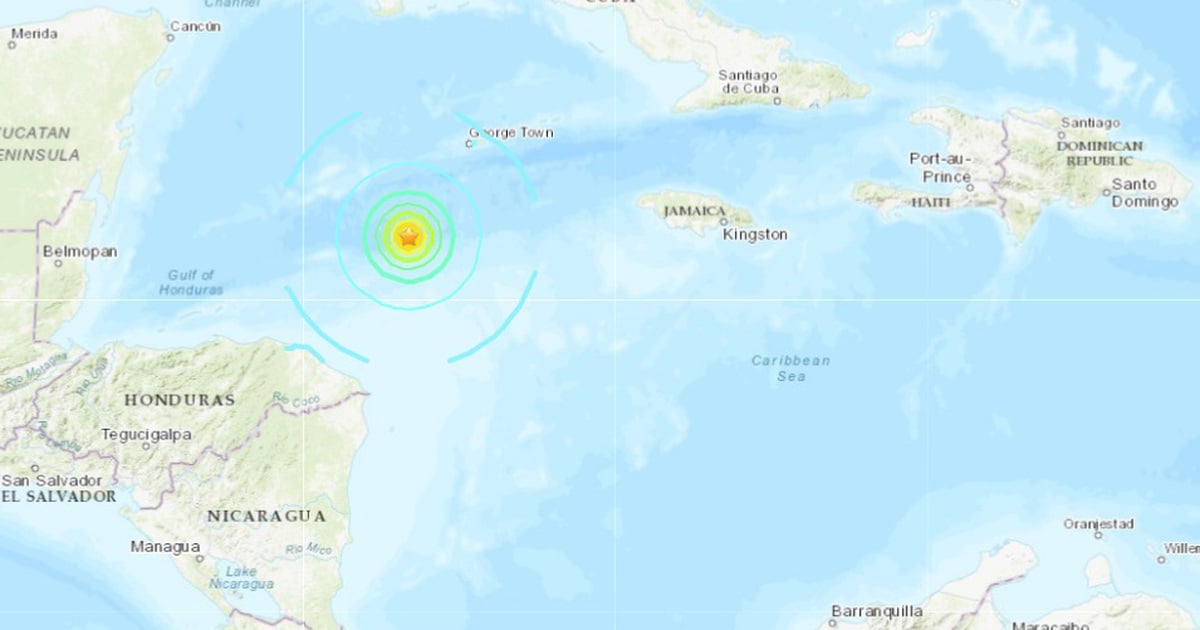

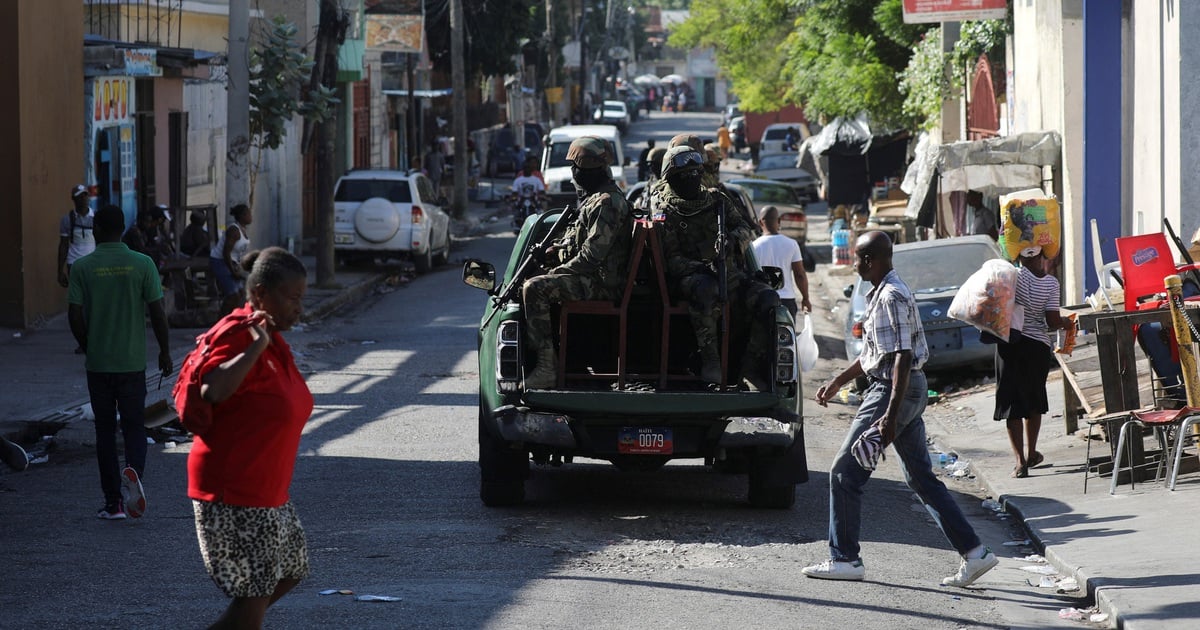
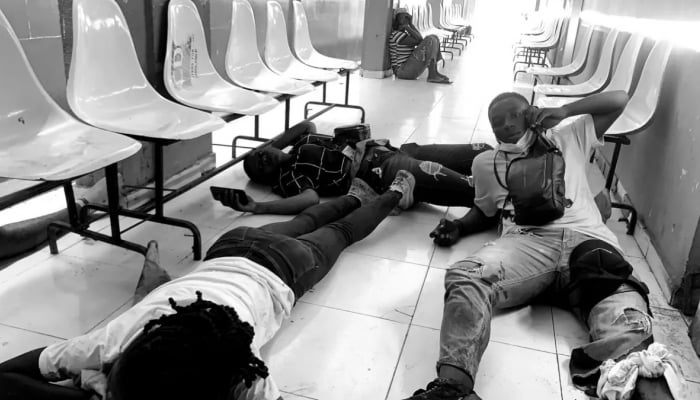
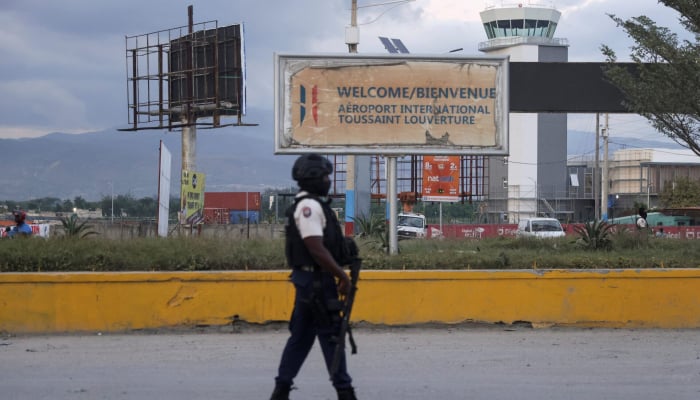
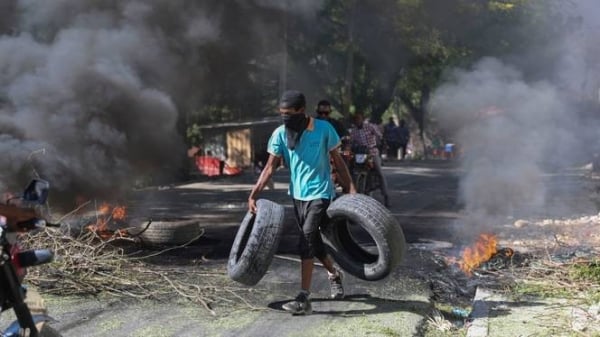

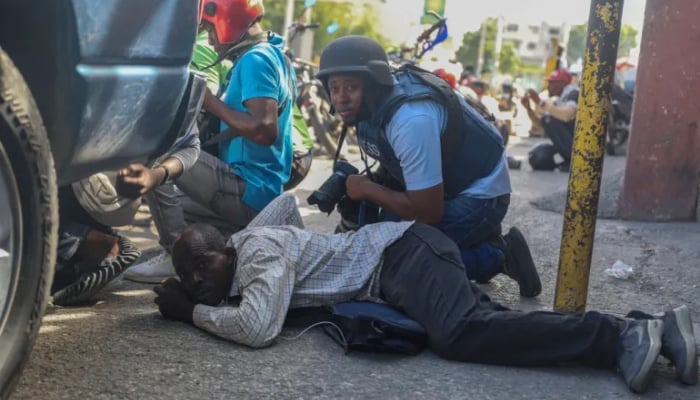
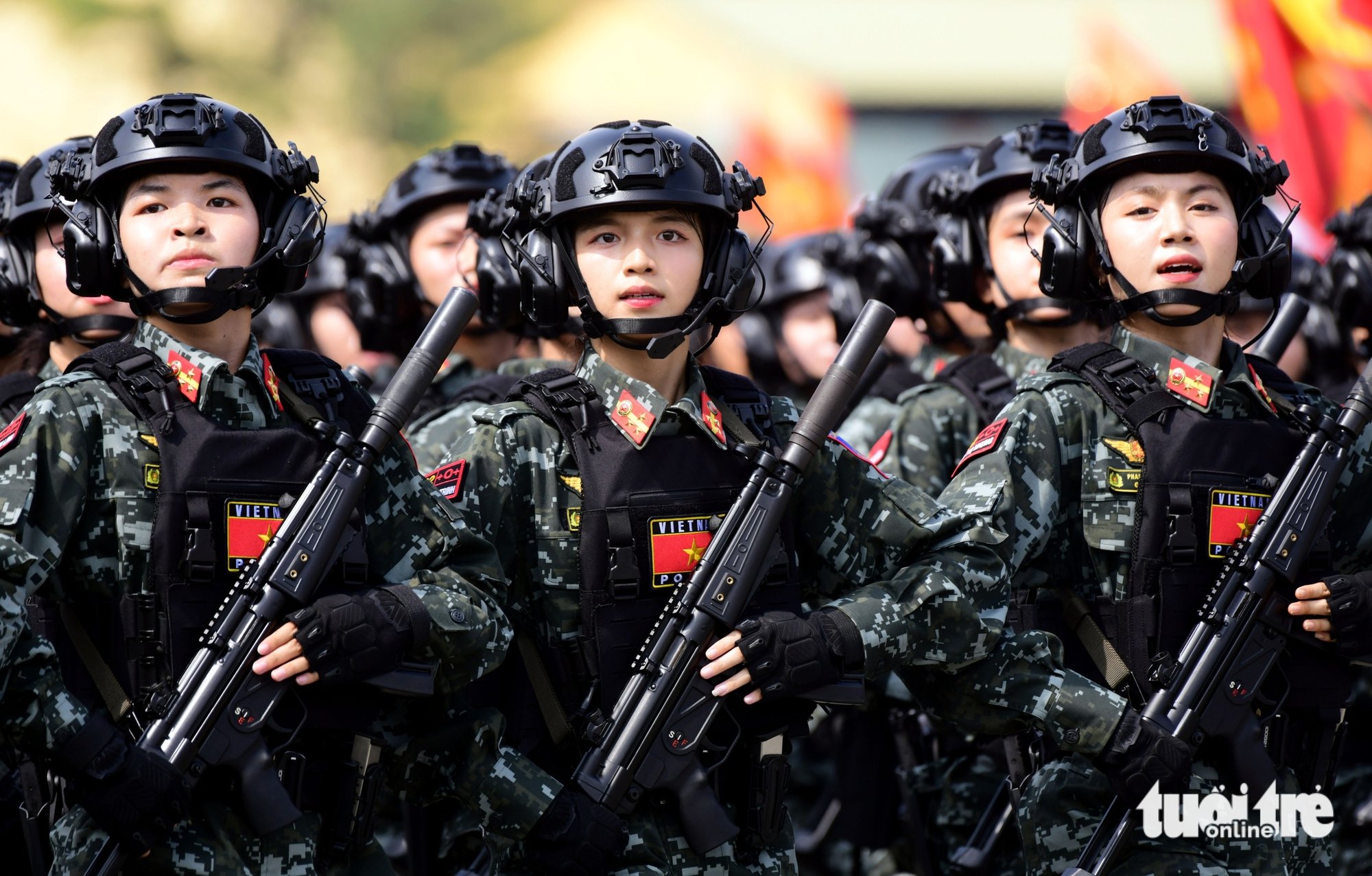

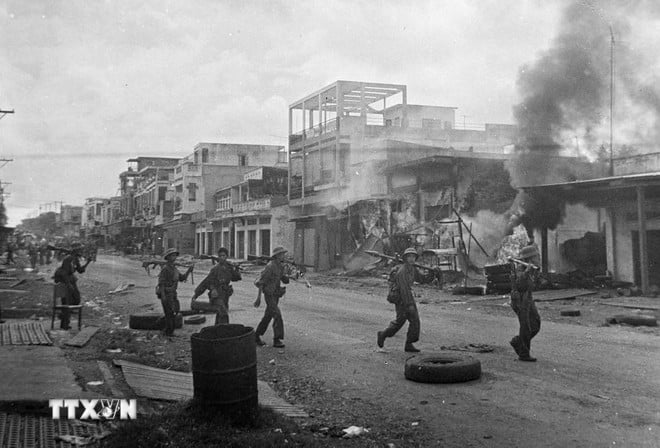
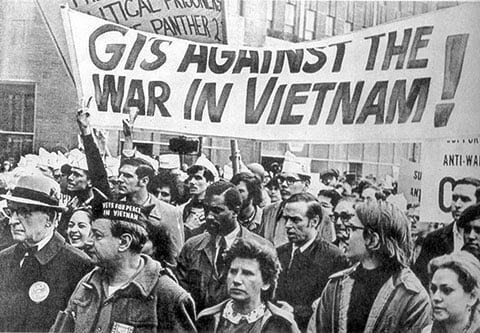
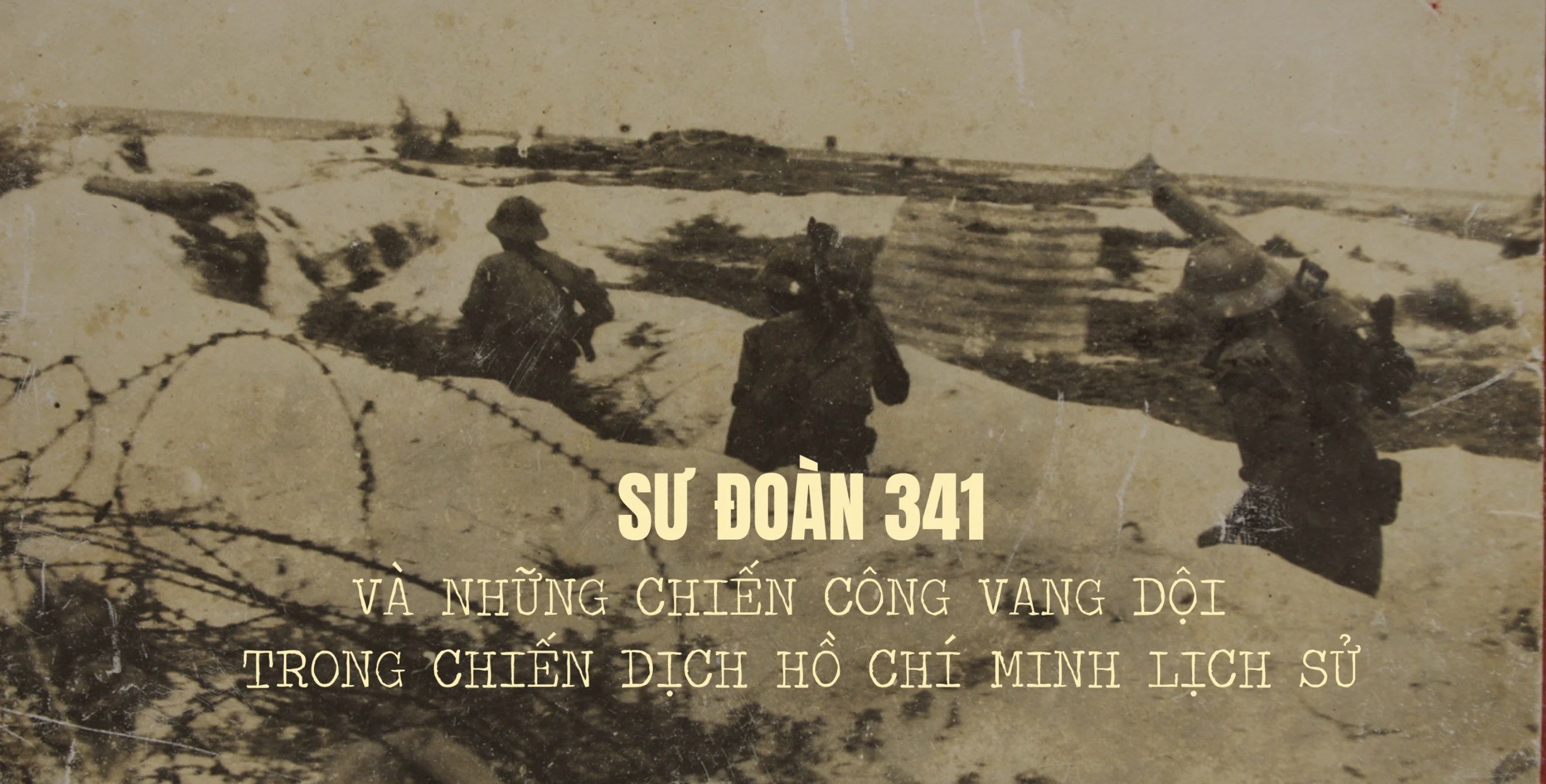
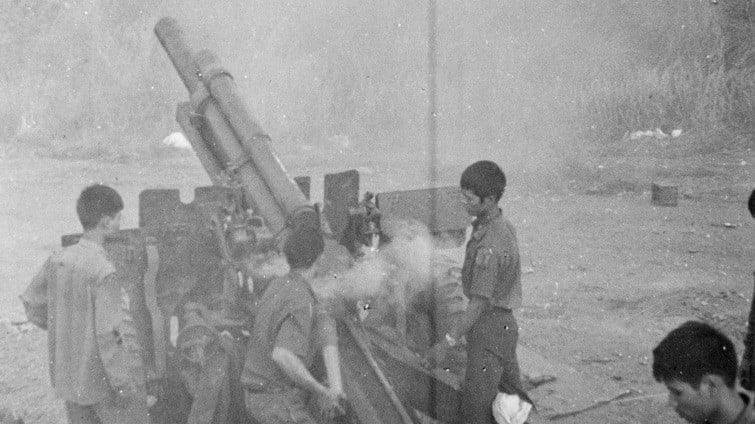






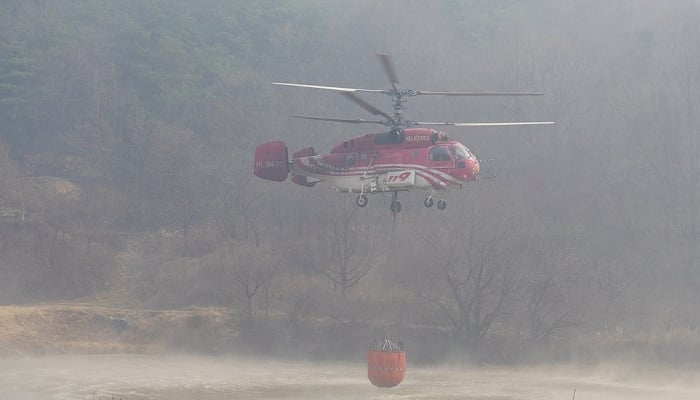
![[Photo] Summary of parade practice in preparation for the April 30th celebration](https://vstatic.vietnam.vn/vietnam/resource/IMAGE/2025/4/11/78cfee0f2cc045b387ff1a4362b5950f)











































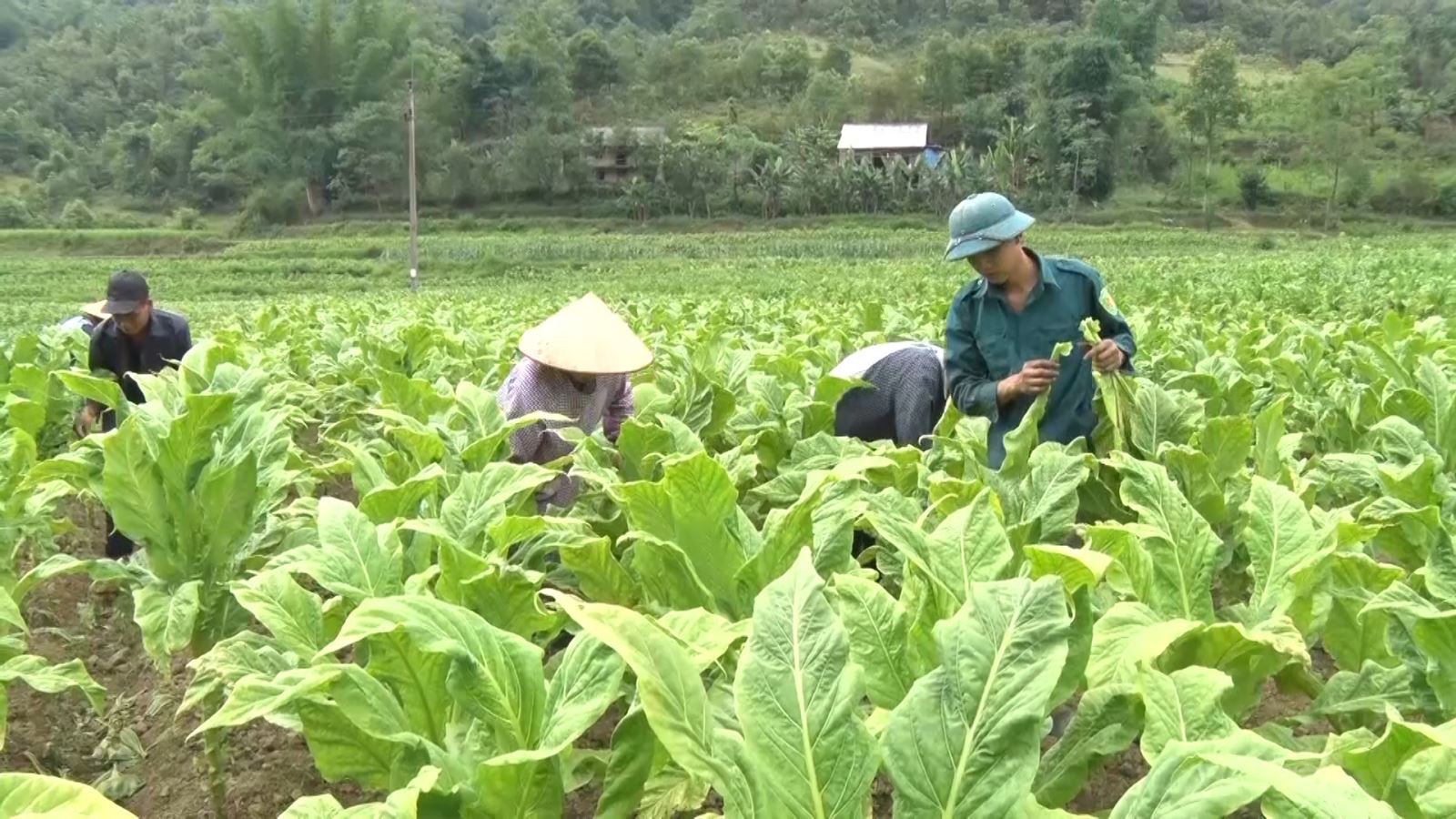
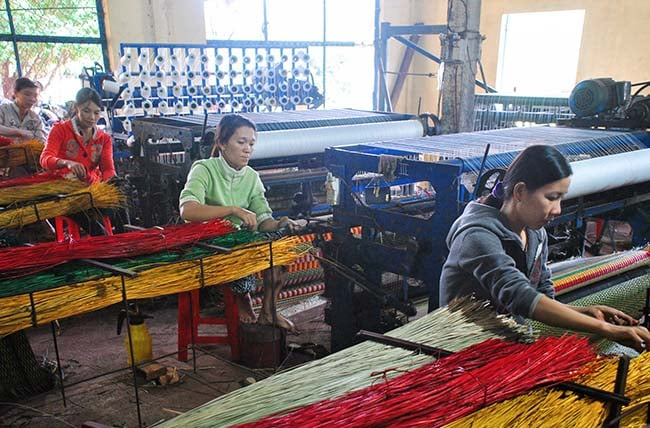

















Comment (0)